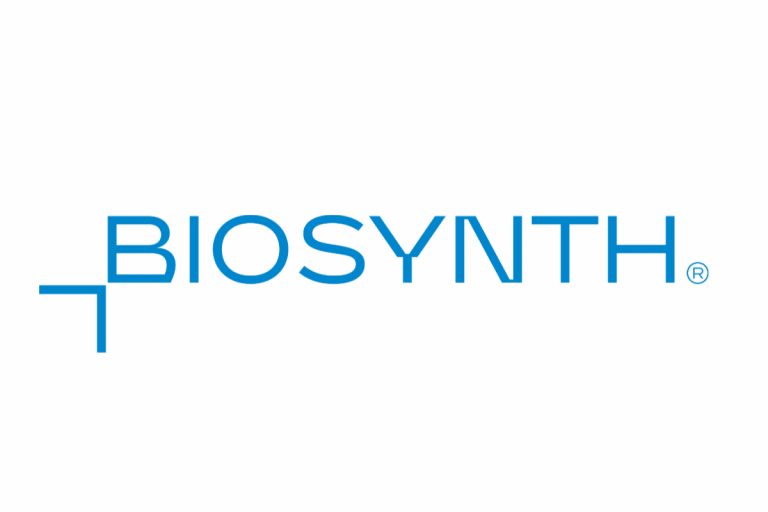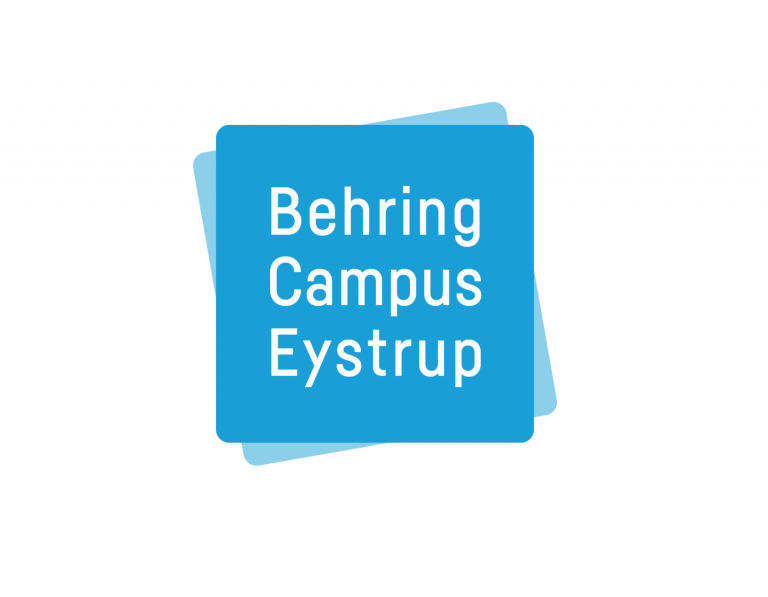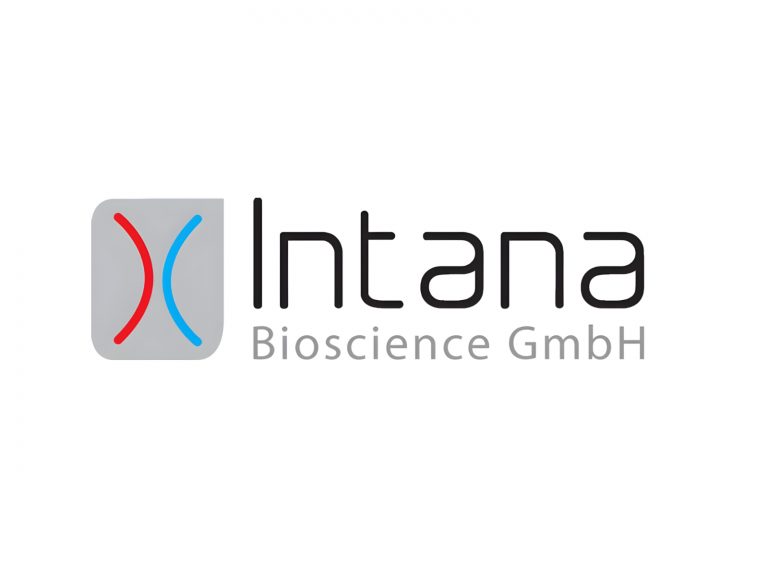Phase 3 Trial Data Shows Novartis Lutathera® Effective as First-line Treatment for GEP-NETs
Lutathera®, developed by Swiss drugmaker Novartis has demonstrated a substantial 72% reduction in the risk of disease progression or death when used as the initial treatment for individuals with advanced gastroenteropancreatic neuroendocrine tumors.
In the NETTER-2 Phase III trial, the combination of Lutathera and octreotide LAR showed a significant increase in median progression-free survival (PFS) to 22.8 months, compared to 8.5 months with high-dose octreotide LAR, for patients newly diagnosed with grade 2 and 3 advanced gastroenteropancreatic neuroendocrine tumors (GEP-NETs).
Phase 3 Trial Shows Lutathera® plus LAR Octreotide Reduced Risk of Disease Progression by 72% in Patients with Advanced Gastroenteropancreatic Neuroendocrine Tumors
On Friday, January 19, 2024, Novartis presented data from the Phase III NETTER-2 trial showing that Lutathera® (INN: lutetium (177Lu) oxodotreotide / USAN: lutetium Lu 177 dotatate) plus long-acting release (LAR) octreotide reduced the risk of disease progression or death by 72% as first-line therapy in patients with somatostatin receptor-positive (SSTR+) well-differentiated grade 2/3 advanced GEP-NETs versus high-dose octreotide LAR alone. Data have been presented at the 2024 American Society of Clinical Oncology (ASCO) Gastrointestinal (GI) Cancers Symposium.
Dr. Simron Singh, Associate Professor of Medicine at the University of Toronto and cofounder of the Susan Leslie Clinic for Neuroendocrine Tumours at the Odette Cancer Centre, Sunnybrook Health Sciences Centre, Ontario, Canada stated:
“These positive results for Lutathera are practice-changing and offer new first-line treatment data for patients who have a significant unmet need. This study confirms the clinical benefit of first-line radioligand therapy for newly diagnosed patients living with these types of advanced GEP-NETs. These findings should instill confidence among physicians in using Lutathera as a first-line treatment for patients with this life-threatening type of cancer.”
Jeff Legos, Global Head of Oncology Development at Novartis said:
“This is the first positive Phase III trial of a radioligand therapy in the first-line setting, and the overall efficacy and safety results are amongst the most clinically relevant observed to date in this kind of advanced cancer, addressing a significant unmet need for patients with newly diagnosed advanced GEP-NETs. The positive results are a significant advancement and further reaffirm our strategy to research and develop radioligand therapies in earlier lines of treatment or stages of disease to improve outcomes for patients.”
The study did not uncover any new or unexpected safety concerns, and the data align with the well-established safety profile of Lutathera. A high percentage (88%) of patients in the Lutathera group completed all four cycles of treatment. Common adverse events (AEs) of any grade (≥20%) for the Lutathera group compared to the control group included nausea (27.2% vs. 17.8%), diarrhea (25.9% vs. 34.2%), and abdominal pain (17.7% vs. 27.4%). The most prevalent grade ≥3 AE (>5%) was a decreased lymphocyte count (5.4% vs. 0%).
Neuroendocrine tumors (NETs) are often considered slow-growing, but some exhibit rapid progression with a poor prognosis. Diagnosis is frequently delayed until advanced stages. Despite being a rare (orphan) disease, the incidence of NETs has risen, necessitating ongoing research for newly diagnosed patients.
The NETTER-2 trial is currently underway to assess secondary endpoints, including overall survival and long-term safety.
About the Phase 3 NETTER-2 Trial
NETTER-2 (NCT03972488) is a Phase III trial comparing Lutathera plus octreotide LAR as a first-line treatment to prolong progression-free survival (PFS) in patients with high-proliferation rate tumors (G2 and G3) against high-dose (60 mg) long-acting octreotide. Eligible patients were diagnosed with SSTR-positive advanced gastroenteropancreatic neuroendocrine tumors (GEP-NETs) within six months before enrollment.
About Lutathera®:
Lutathera® (INN: lutetium (177Lu) oxodotreotide / USAN: lutetium Lu 177 dotatate) is approved in the US for treating adult patients with SSTR-positive GEP-NETs, encompassing foregut, midgut, and hindgut indications, as reflected in the NETTER-2 population. It is also approved in Europe for unresectable or metastatic, progressive, well-differentiated (G1 and G2), SSTR-positive GEP-NETs in adults, and in Japan for SSTR-positive NETs.
Novartis and Radioligand Therapy (RLT):
Novartis is advancing cancer care through RLT for advanced cancers, leveraging the power of radioactive atoms. RLT theoretically delivers radiation to target cells anywhere in the body. Novartis is exploring a diverse RLT portfolio beyond gastroenteropancreatic neuroendocrine tumors (GEP-NETs) and prostate cancer, delving into breast, colon, lung, and pancreatic cancer. With global expertise, specialised supply chain, and manufacturing capabilities, Novartis supports the growing demand for RLT medicines. Expansion plans include additional manufacturing points in Sasayama, Japan, and Haiyan, Zhejiang, China, to cater to patients in Japan and China. The company continuously evaluates opportunities to increase capacity worldwide.
Original Source: Press Release – January 19, 2024 10:00 ET| Source: Novartis Pharma AG
Recommended Companies
More Headlines








